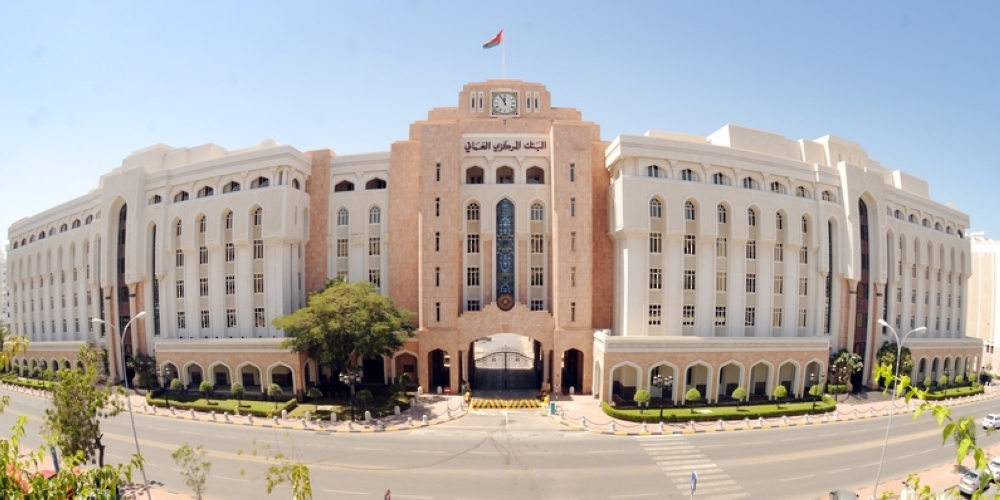

MUSCAT: The Central Bank of Oman has announced that government treasury bills totaling RO 85.5 million have been allocated for the week. These treasury bills are short-term financial instruments issued by the Ministry of Finance to offer investment opportunities for licensed commercial banks, with the Central Bank of Oman overseeing the issuance.
For bills maturing in 28 days, an amount of RO 6.5 million was allocated at an average acceptable price of RO 99.647 per RO 100. The lowest acceptable price was RO 99.645, with an average discount rate of 4.59760% and an average return of 4.61387%.
Bills maturing in 91 days were allocated RO 17 million, with an average acceptable price of RO 98.745 per 100. The lowest acceptable price was RO 98.740, with an average discount rate of 5.03497% and an average return of 5.09898%.
For bills maturing in 182 days, an amount of RO 42 million was allocated at an average acceptable price of RO 97.450 per 100. The lowest acceptable price was RO 97.445, with an average discount rate of 5.11449% and an average return of 5.24833%.
Furthermore, notes maturing in 364 days were allocated RO 20 million, with an average acceptable price of 95.160 Omani riyals per RO 100. The lowest acceptable price was RO 95.160, with an average discount rate of 4.85330% and an average return of 5.10014%.
The statement also mentioned that the interest rate on repurchase operations (repo) with the Central Bank of Oman for these bills is 6.00%, while the discount rate with the Central Bank on treasury bill facilities is 6.50%.
These treasury bills provide a rapid liquidation feature by discounting them with the Central Bank of Oman and through repo transactions with the Central Bank. Licensed commercial banks can also conduct repo operations among themselves on these bills in the interbank market. This financial tool helps set short-term interest rates in the local financial market and provides flexibility for the government to fund certain expenditures smoothly. — ONA
Oman Observer is now on the WhatsApp channel. Click here


